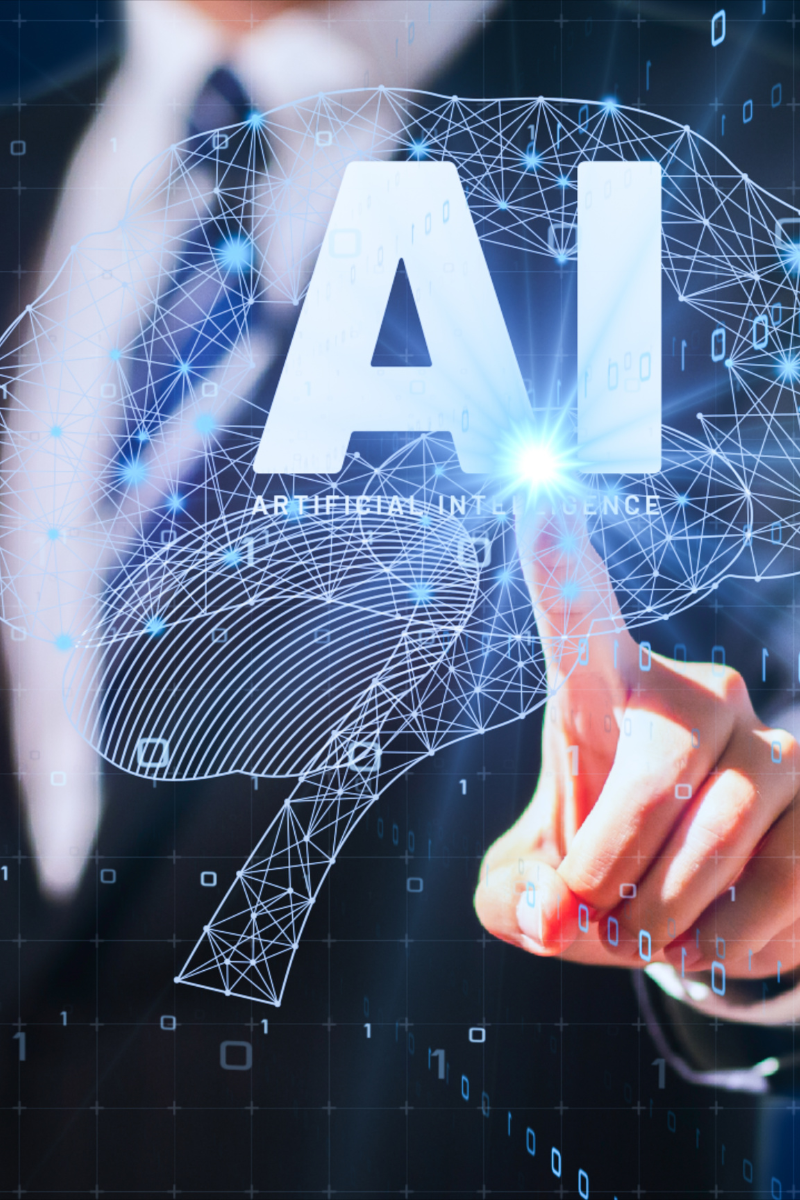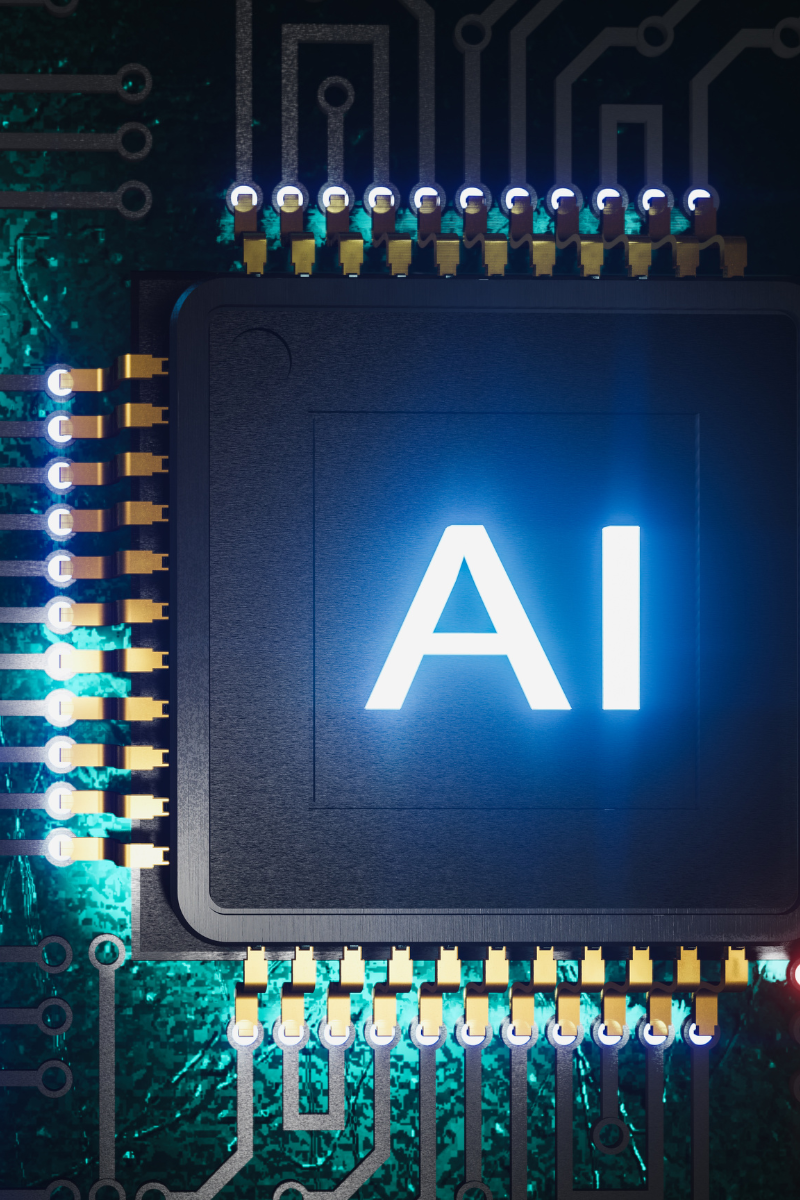Google Marketing Live 2025: What Marketers Need to Know
Google Marketing Live 2025 unveiled some of the most transformative updates yet, highlighting AI-powered innovation across Search, Shopping, Video, and Performance Max. As a Google Partner, Onimod Global is here to break down the key takeaways and what they mean for your business.
Key Updates from Google Marketing Live 2025
1. AI-Driven Search Experiences
Ads in AI Overviews are now live on desktop in the U.S., showing a 10% increase in commercial queries. Expect broader rollout to mobile and English-speaking markets later this year.
AI Mode now powers complex, conversational search journeys, integrating ads into dynamic results. Campaigns using Search, Shopping, Performance Max, or AI Max with broad match are eligible.
🔍 Pro Tip: Marketers should now optimize for conversational queries and intent-rich experiences.
2. AI Max for Smarter Search Campaigns
AI Max is reshaping how advertisers reach high-intent users:
- Keywordless targeting performs 27% better than exact match
- Enhanced Smart Bidding with flexible ROAS goals
- Detailed asset and search term reporting
- Controls like brand exclusions and final URL expansions
🚀 Keyword strategy just got smarter—automation meets precision targeting.
3. Enhanced Shopping and Checkout Experiences
- Virtual Try-On now allows full-body previews
- Agentic Checkout automates purchasing through Google Pay
- Shoppable video ads now appear on YouTube Masthead and connected TVs
- Brand Profiles help manage how retailers appear across Google
🛍️ With Shopping Ads expanding to new platforms, creative assets and visuals are more critical than ever.
4. Performance Max: The New Power Pack
Google has evolved the “Power Pair” into the Power Pack, uniting Search, Performance Max, and Demand Gen into one unified strategy.
- 90+ enhancements have driven over 10% higher conversion rates
- Channel-level and full search term reporting now available
- Demand Gen improvements have increased conversions per dollar by 26%
💡 Whether you’re building awareness or capturing intent, the Power Pack ensures you’re visible at every touchpoint.
5. Smarter Data, Attribution, and Agentic Capabilities
Google is doubling down on first-party data and actionable insights:
- GA4 cross-channel attribution now includes impressions and assist paths
- Incrementality testing now possible with budgets as low as $5,000
- Google Ads Data Manager and Tag Gateway streamline data flow and privacy
- Agentic AI tools offer real-time suggestions across Ads and Analytics

📈 Insights now come to you—predictive, proactive, and platform-wide.🚀 Onimod Global + Google Marketing Live 2025: AI-Powered Advertising at Its Best
As a Premier Google Partner for 16 years, Onimod Global is at the forefront of the groundbreaking announcements from Google Marketing Live 2025—bringing the next wave of AI-powered ad solutions directly into your campaigns:
- Ads within AI Overviews & AI Mode Google now surfaces ads directly inside AI-driven search summaries and conversational “AI Mode” interfaces—enabling brands to appear at the exact moment users ask exploratory, intent-rich questions.
- Smart Bidding Exploration This new smart bidding tool expands your reach by identifying valuable, untapped search queries—with flexible ROAS targets—so your campaigns connect with even more potential customers.
- AI Max for Search Campaigns A step beyond traditional search ads, this feature uses generative AI to optimize creative and targeting—helping you capture high-converting search traffic beyond just keyword matches.
- AI Creative Suite: Veo & Imagen in Asset Studio Generate beautiful, on-brand visuals and videos right inside Google Ads. These breakthrough tools automate video and image creation, letting your campaigns stand out—faster and at scale.
- Enhanced Performance Max Reporting & Control Now you can view channel-level performance and search-term insights for Performance Max campaigns—giving you more transparency and smarter insights to optimize across YouTube, Display, Search, and more.
- “Agentic” Capabilities: Campaign Copilots Say hello to Google’s intelligent AI agents that help create, optimize, even launch campaigns based on live data—taking automation to a new level and enabling tighter ROAS control.
With Onimod Global, we don’t just manage Google Ads—we lead with the newest tools from Marketing Live 2025. From AI-driven creative generation and bid exploration to real-time conversational ad placements and intelligent campaign copilots, we’re ensuring your marketing is powered by tomorrow’s technology, today.

Final Thoughts
AI is no longer a future concept. It’s the foundation of Google’s marketing ecosystem. From keywordless campaigns to visual-first Shopping ads, marketers must adapt fast to stay ahead.
As seasoned Premier Google Partners, we help brands navigate and implement these advancements strategically, so your campaigns always deliver measurable ROI.
📩 Ready to future-proof your strategy? Contact us today.

Q&A: Google Marketing Live 2025
Q1: What is AI Max and how does it differ from traditional Search campaigns? A1: AI Max campaigns use machine learning to identify high-converting audiences without relying on specific keywords. These campaigns outperformed exact match campaigns by 27%, making them ideal for marketers focused on performance and scale.
Q2: How can advertisers prepare for ads appearing in AI Overviews and AI Mode? A2: Make sure your campaigns use broad match and are built in Search, Shopping, or Performance Max formats. Optimizing ad copy for natural language and intent-based queries will help boost performance in conversational results.
Q3: What’s the significance of the new “Power Pack” framework? A3: The Power Pack combines Search, Performance Max, and Demand Gen to deliver a full-funnel strategy within Google Ads. It enables marketers to efficiently acquire, engage, and convert customers across every major Google surface.
Q4: How does Virtual Try-On impact e-commerce advertisers? A4: Virtual Try-On enhances product visualization and consumer confidence, especially for fashion and apparel brands. This feature increases conversion rates by allowing users to see themselves wearing products before purchasing.
Q5: What role does GA4’s new attribution model play in campaign optimization? A5: GA4 now supports cross-channel attribution that includes impression tracking and assist paths. This allows marketers to make smarter budget decisions by understanding the full customer journey—not just last-click performance.
Onimod Global: Your Premier Google Partner since 2009
For 16 years, Onimod Global has been proud to hold the esteemed Premier Google Partner badge, reflecting our proven excellence in crafting high-performing Google Ads campaigns. From dynamic search and compelling display ads to powerful YouTube and advanced Performance Max strategies, we harness cutting-edge tools, precise audience insights, and AI-powered bidding to place your brand in front of exactly the right audience, exactly when it matters most.








